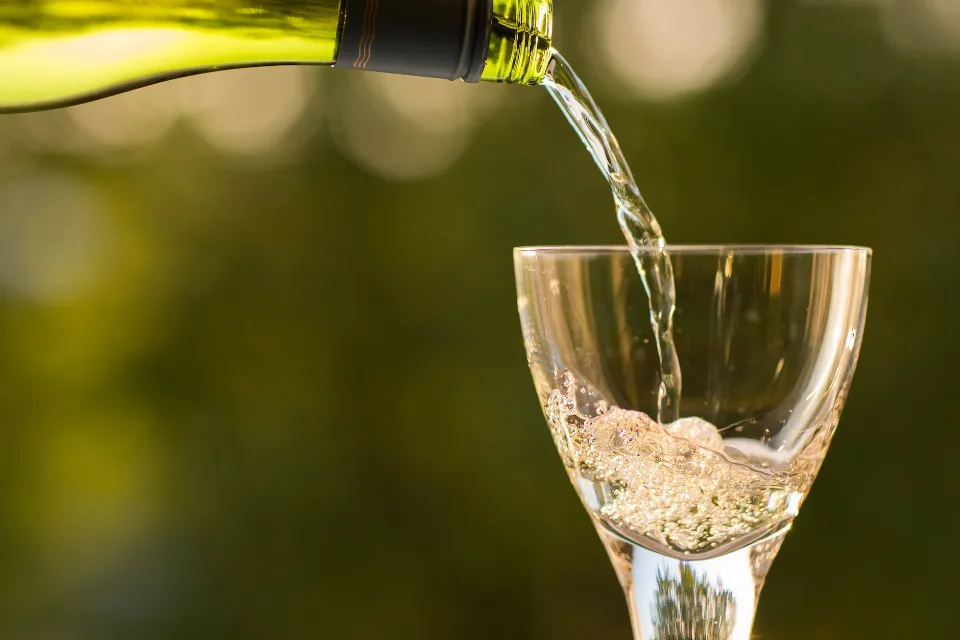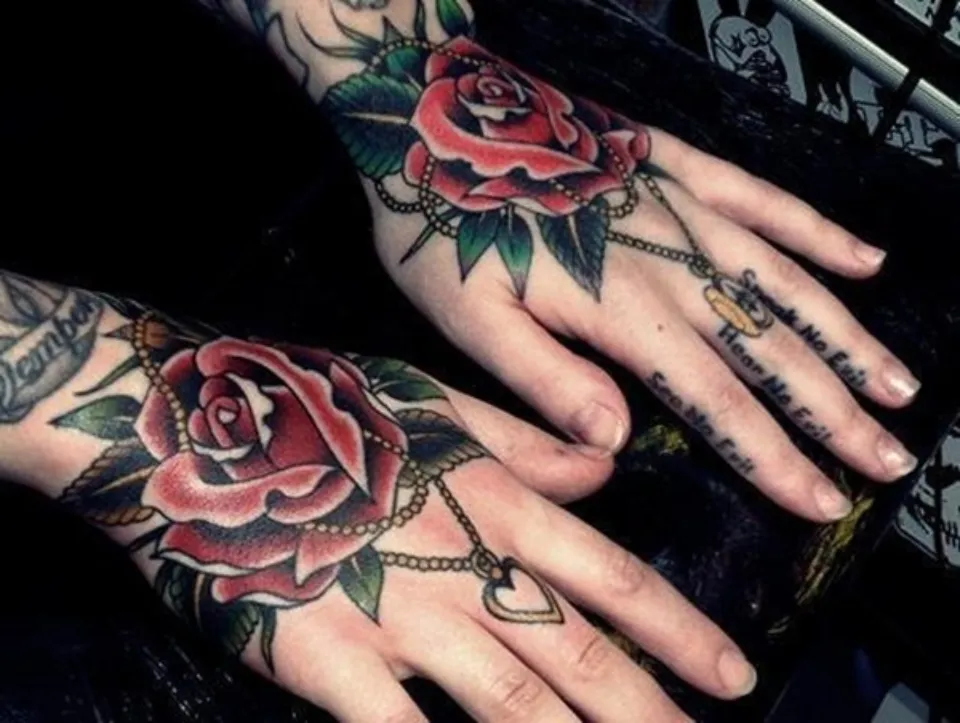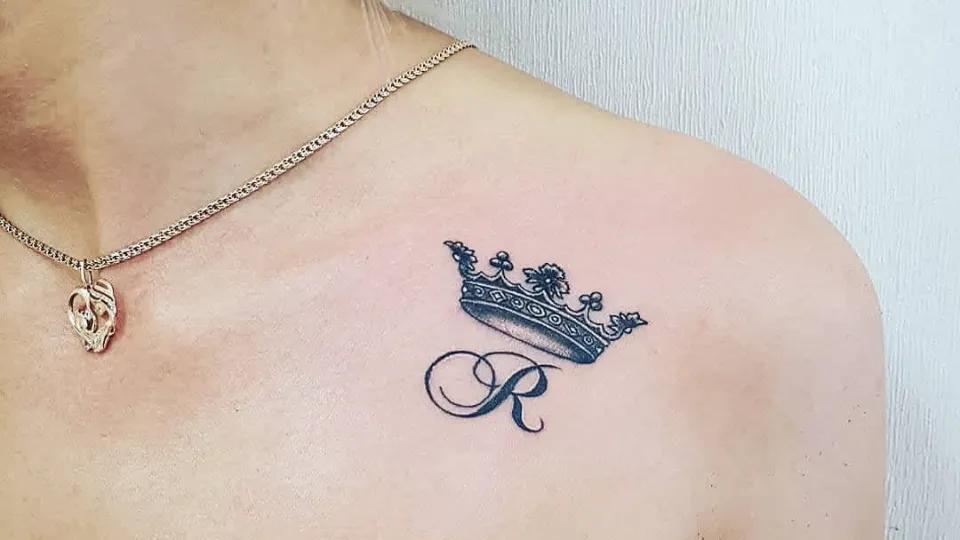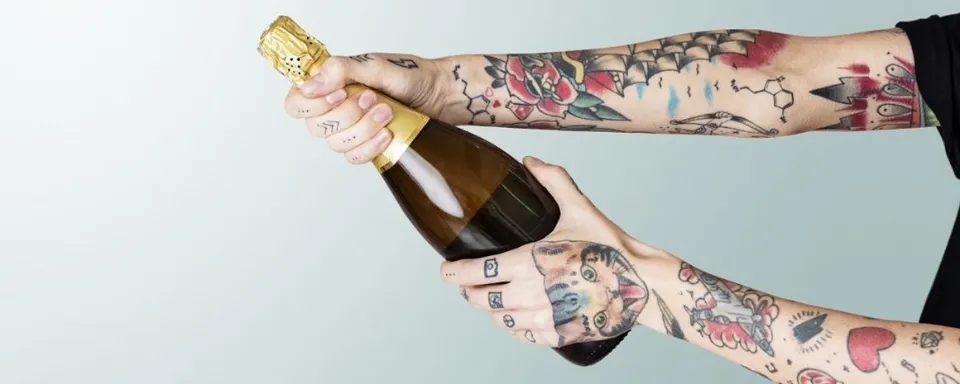But what about white wine? Many people are aware that red wine can stain teeth. Does white wine stain teeth?
Skip the red wine, coffee, and tea if you want to keep your teeth sparkling. White wine can turn teeth dingy, too.
You might experience “wine teeth” or “wine mouth” if you regularly consume wine. Continue reading to learn how to prevent teeth from becoming stained by wine and how to undo any harm that wine has already done.
Does White Wine Stain Teeth?
Red wine can stain teeth, as numerous studies over the years have found. However, individuals may need to reconsider their plans if they’re looking for a substitute for white wine to prevent tooth stains.
A recent study has shown that even white wine can cause stains on teeth – not to mention eroding teeth.
This is due to the high acidity of white wine. It is acid that is the well-known “enemy” of tooth enamel, the protective coating of teeth made up of minerals.
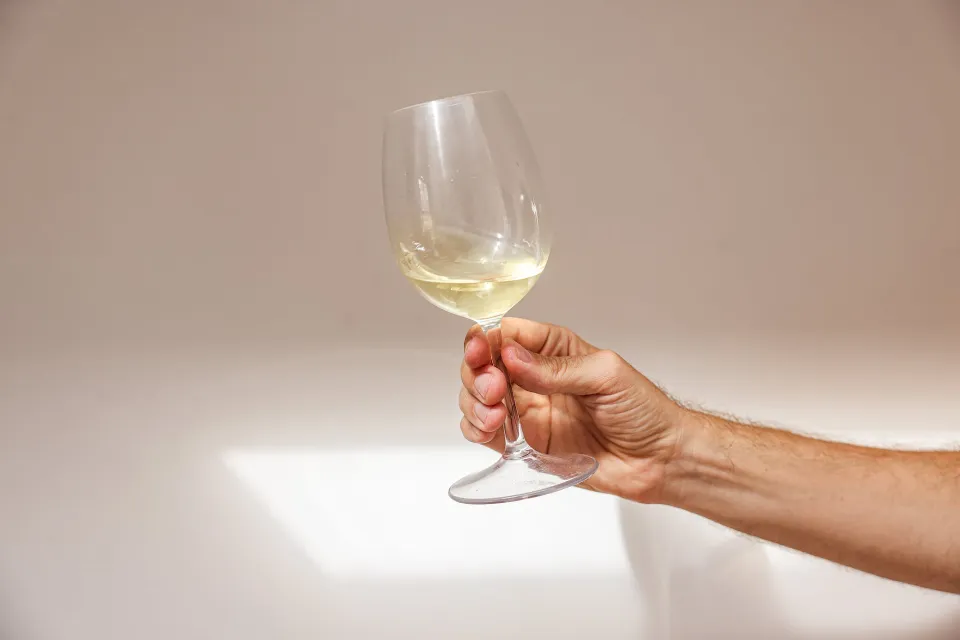
A healthy coat of enamel is essential to keeping teeth free from cavities, sensitivity to food and drink, and decay.
Dental techniques were created and developed as the only way to restore a layer of protection to the tooth if the enamel is seriously damaged because the body cannot regenerate enamel.
As a result, the extremely high acidity of white wine will erode tooth enamel. As a result, this kind of beverage will leave rough traces and grooves on teeth, making them more vulnerable to discoloration from other foods and beverages.
Related Reading:
- Does Tea Stain Your Teeth?
- Are Teeth Supposed to Be White?
- Are Yellow Teeth Stronger Than White Teeth?
How to Avoid White Wine Teeth Stains?
Here are some strategies to help halt the immediate effects.
1. Brush Your Teeth
No matter what, we hope you take action. However, it’s a good idea to brush your teeth 30 minutes PRIOR to beginning to drink wine.
Plaque can amass on your teeth throughout the day. The plaque can cause the wine to “stick” to your teeth. Due to this, the wine will have more time to contact the teeth. which might cause the teeth to become more deeply stained.
Reminder: Avoid brushing your teeth immediately after drinking wine. Because wine is acidic, it can wear away at your tooth enamel.
Additionally acidic and possibly more harmful than beneficial, toothpaste. rather than brushing your teeth right away after drinking wine, wait about 30 minutes.
2. Drink Water
The benefits of drinking water in between glasses of wine are numerous! A glass of water can also help with wine teeth. Water can also help with wine headaches.
You can remove some of the wine’s acidity by swishing a glass of water around in your mouth or by drinking it.
The saliva that is produced thanks to the water also helps to wash the wine out of your mouth. Use either still water or sparkling water, as you please!
3. Add in Some Food
Already a fantastic pairing is wine and cheese! But did you know that pairing wine with cheese can help prevent wine teeth? A great way to avoid getting wine stains on your teeth is to eat while drinking.
Saliva is produced naturally in the mouth while you eat. The wine will be broken down in your mouth by the saliva. Since saliva would be produced continuously, less time would pass before wine stains appeared.
Read More: Does Coconut Oil Whiten Teeth?
4. Wine Wipes
Utilizing wine wipes is a remarkably easy way to treat temporary wine teeth. Wine stains on your teeth can be quickly removed with the aid of these wipes.
They have a fresh flavor and can assist in removing early stains. They are excellent for people who are constantly moving around. You’re ready to go as soon as you throw a few of them into your bag!
How to Get Rid of Wine Teeth?
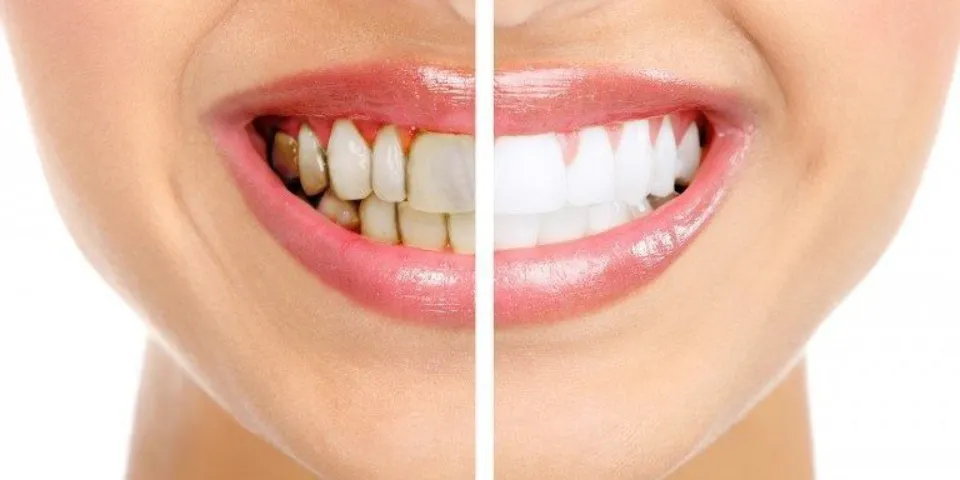
What if your teeth already have stains that are well-entrenched? No matter how much you’ve tried to whiten your teeth, nothing seems to work.
1. Baking Soda
Natural bleaching agents like baking soda are fantastic! 2 teaspoons of water and 1 teaspoon of baking soda are required.
Combine all of this, and use the resulting paste to brush your teeth. To help remove those difficult-to-remove teeth stains and any new ones that may have appeared, you can do this a few times per week.
Consider using a toothpaste with baking soda instead of just brushing with baking soda. These are exactly like regular toothpaste, but they frequently do a better job of whitening teeth.
2. Hydrogen Peroxide
Hydrogen peroxide has excellent whitening properties, much like baking soda. There are a few options for how to accomplish this. The first is that, PRIOR to brushing your teeth, you can try swiping some hydrogen peroxide mouthwash around in your mouth.
Making a paste with baking soda is another way to use hydrogen peroxide. Two teaspoons of hydrogen peroxide and one teaspoon of baking soda are required.
Once your teeth are thoroughly coated, brush them gently. You should use 1.5% or 3% hydrogen peroxide, so check the label.
3. Dental Visits
Trust the experts with it! Dentists have the equipment and expertise to assist in removing those stubborn wine stains from your teeth.
Read More: How Often Should You Whiten Your Teeth?
Final Thoughts: Does White Wine Stain Teeth
We nearly spit out our wine at the idea. Don’t let this information prevent you from enjoying a nice glass of wine (or two!) Many foods and drinks can cause teeth stains.
Not necessarily the best course of action is to completely cut them out of your diet; instead, mindful management can gradually lessen their effects.
FAQs
Does Beer Stain Teeth?
Even if they are not a vivid bright green, drinking beer and other alcoholic beverages can stain teeth.
Does Red Wine Stain Teeth Permanently?
Yes, red wine can permanently stain your teeth over time.
Does Vodka Stain Teeth?
Alcohol dries the mouth, which is bad news for oral health.

